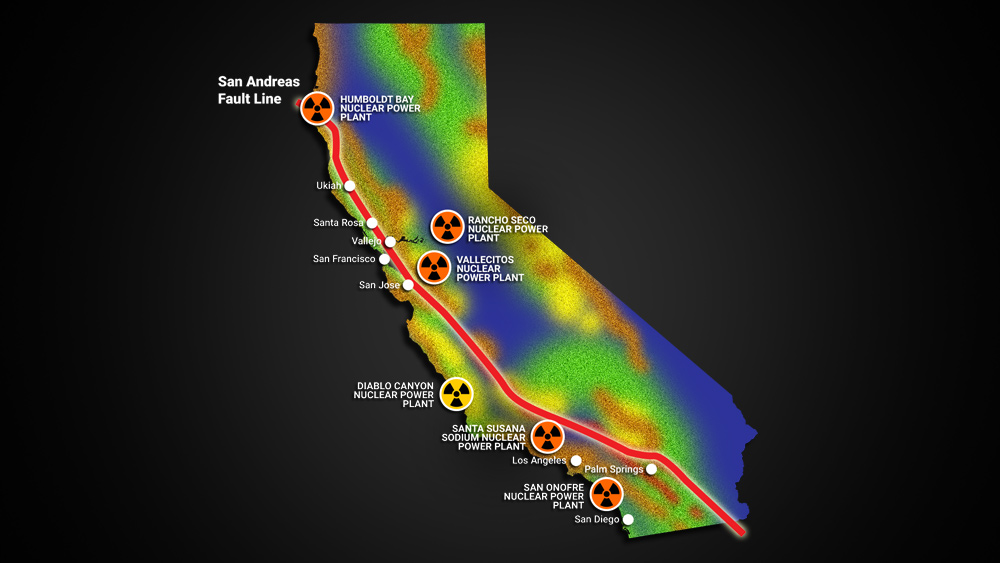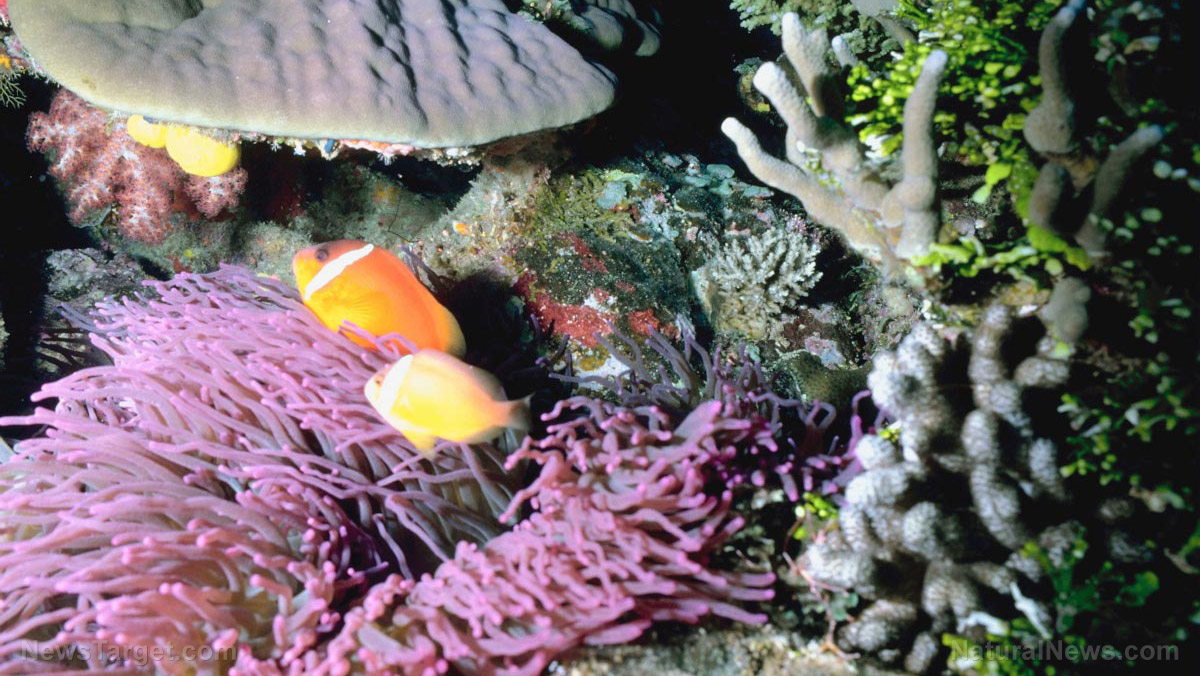Proof the Earth regulates carbon dioxide content in the atmosphere, self-adjusting for warming or cooling temperatures
10/24/2017 / By Tracey Watson

The catastrophic man-made global warming theory has gained worldwide acceptance despite a serious lack of scientific evidence to back it up. Anyone who dares to question the theory is quickly labeled an anti-science quack. Nonetheless, many reputable studies cast doubt on this theory. The latest such study was conducted by the Marine Biological Laboratory in Massachusetts, and published in the journal Science.
The study’s authors claim that the results of their research prove “that in a warming world, a self-reinforcing and perhaps uncontrollable carbon feedback will occur between forest soils and the climate system, accelerating global warming.” However, if one digs deeper into the study’s findings a different picture emerges.
Science Daily reports that Professor Jerry Melillo and his colleagues began their experiment 26 years ago in 1991, when they buried electrical cables in several locations within a deciduous forest stand at the Harvard Forest, Mass. Some of the plots were heated by 5° C more than other control plots which were not heated at all. Over the duration of the experiment, the artificially warmed plots lost 17 percent of the carbon found in the organic matter which naturally occurs in the top 60 centimeters of soil.
Melillo insists that this is a huge problem since the world’s soil contains 3,500 billion metric tons of carbon, and that if the soil is heated it could release catastrophic amounts of carbon into the air, adding to the – according to him – already dire global warming situation. (Related: Discover the real truth about global warming at ClimateScienceNews.com.)
He warns, “If a significant amount of that soil carbon is added to the atmosphere, due to microbial activity in warmer soils, that will accelerate the global warming process. And once this self-reinforcing feedback begins, there is no easy way to turn it off. There is no switch to flip.” (Related: The growth of global warming nonsense – surely we’ve reached peak madness.)
What Professor Melillo is not shouting from the rooftops, however, is the fact that even the heated plots had significant periods where there were low or zero carbon emissions – in spite of being artificially heated. In fact, soil’s amazing design allows for self-regulation and control of the amount of soil carbon emission.
Science Daily explains:
Over the course of the experiment, Melillo’s team observed fluctuations in the rate of soil carbon emission from the heated plots, indicating cycles in the capacity of soil microbes to degrade organic matter and release carbon. Phase I (1991 to 2000) was a period of substantial soil carbon loss that was rapid at first, then slowed to near zero. In Phase II (2001-2007), there was no difference in carbon emissions between the warmed and the control plots. … In Phase III (2008-2013), carbon release from heated plots again exceeded that from control plots. … In Phase IV (2014 to current), carbon emissions from the heated plots have again dropped, suggesting that another reorganization of the soil microbial community could be underway. If the cyclical pattern continues, Phase IV will eventually transition to another phase of higher carbon loss from the heated plots. [Emphasis added]
Melillo believes that we are facing a warmer future, and that the only issue to be determined is how much warmer that future will be. He also notes that while carbon emissions from fossil fuels can be controlled, if the pattern his research team has observed in this experiment were to be replicated naturally, it would be a “self-reinforcing feedback phenomenon” that could not easily be turned off.
In other words, doom and destruction.
We need to maintain perspective here though. Firstly, the soil was artificially heated to create this experiment. There is no mention of any increase in the temperature of the soil in the unheated control plots over the course of the entire nearly three decades long experiment. Secondly, even after heating the soil artificially, the soil regulated itself, and there were significant periods where there was no difference in soil emissions between heated and control plots.
Really then, all this experiment reinforces is the incredible design and sophistication of the natural systems all around us.
Sources include:
Tagged Under: carbon emissions, climate change, environment, global warming, natural cycles, self-regulation of carbon levels, soil, soil carbon
RECENT NEWS & ARTICLES
COPYRIGHT © 2017 ENVIRON NEWS




















